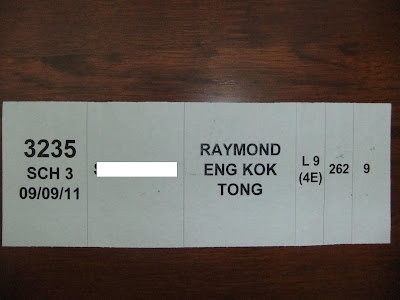According to a recent survey by Knight Frank and Citi Private Wealth Report, Singapore, with a per capita income of 56,532 USD, is the richest country in the world. It is also projected that Singapore will be home to the richest citizens by 2050 with an estimated per capita income of 137,710 USD.
Fellow countries with strong economies, Norway, America and Hong Kong make up the top four spots of being the wealthiest in 2050. But did Singapore really beat the rest of the world to attain its new status that the mainstream media has been boasting about?
For most Singaporeans, such news is hardly rosy and I reckon many will agree that this survey is inaccurate and even flawed. Although newspapers like The Straits Times try to add glitter and shine to such a magnificent economic achievement, we are aware that this is certainly nothing to be joyful of.
Singapore defeated everybody else in terms of purchasing power parity. This means that the people here able to afford more things or higher prices than the rest of the world. Is that really the case? Previously, a UBS survey found out that the purchasing power of Singaporeans is one of the weakest.
Zurich lead the rankings in 106.9. Fellow Asians like Hong Kong and Seoul have 58.1 and 57.4 respectively. As for tiny Singapore, we only achieved a mere 39.9. Singaporeans may earn more than workers of other countries but due to the high cost of living here, countries with lower wages are actually better off.
If an employee from Singapore and another in Malaysia were to be paid the same salary, the Malaysian one would be in a better financial position as prices (housing, food etc.) in his country are less than those in neighbouring Singapore. Clearly, the so-called richest tag isn't a big deal at all.
Plus, Singapore's growth has much to do with the huge influx of foreigners. These foreign talents may have contributed to the economy but their presence continues to depress wages. The government's emphasis on increasing economic growth by importing foreign workers will only leave the average Singaporean stagnant.
Poverty still exist in a such a contemporary and classy country like ours, many elderly citizens are still without a home and have to collect cans for a living. Fellow Southeast-Asia country Brunei provides free medication for its people while citizens here have to sweat over a flawed healthcare policy called Medisave.
Last but not least, another loophole is that since the survey calculated numbers using US currency, part of the rising prosperity is a result of the strong surging Sing dollar.
Singapore is definitely not the richest in the world. The Straits Times should alter its news to be the Singapore government is the richest in the world instead. But then again, ironically, this "richest government" seem to have poor financial management by constantly making losses from foreign investments.




No comments:
Post a Comment